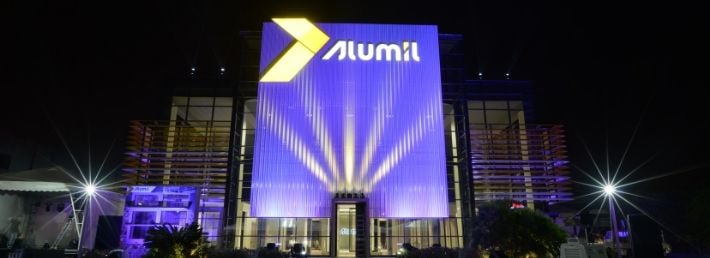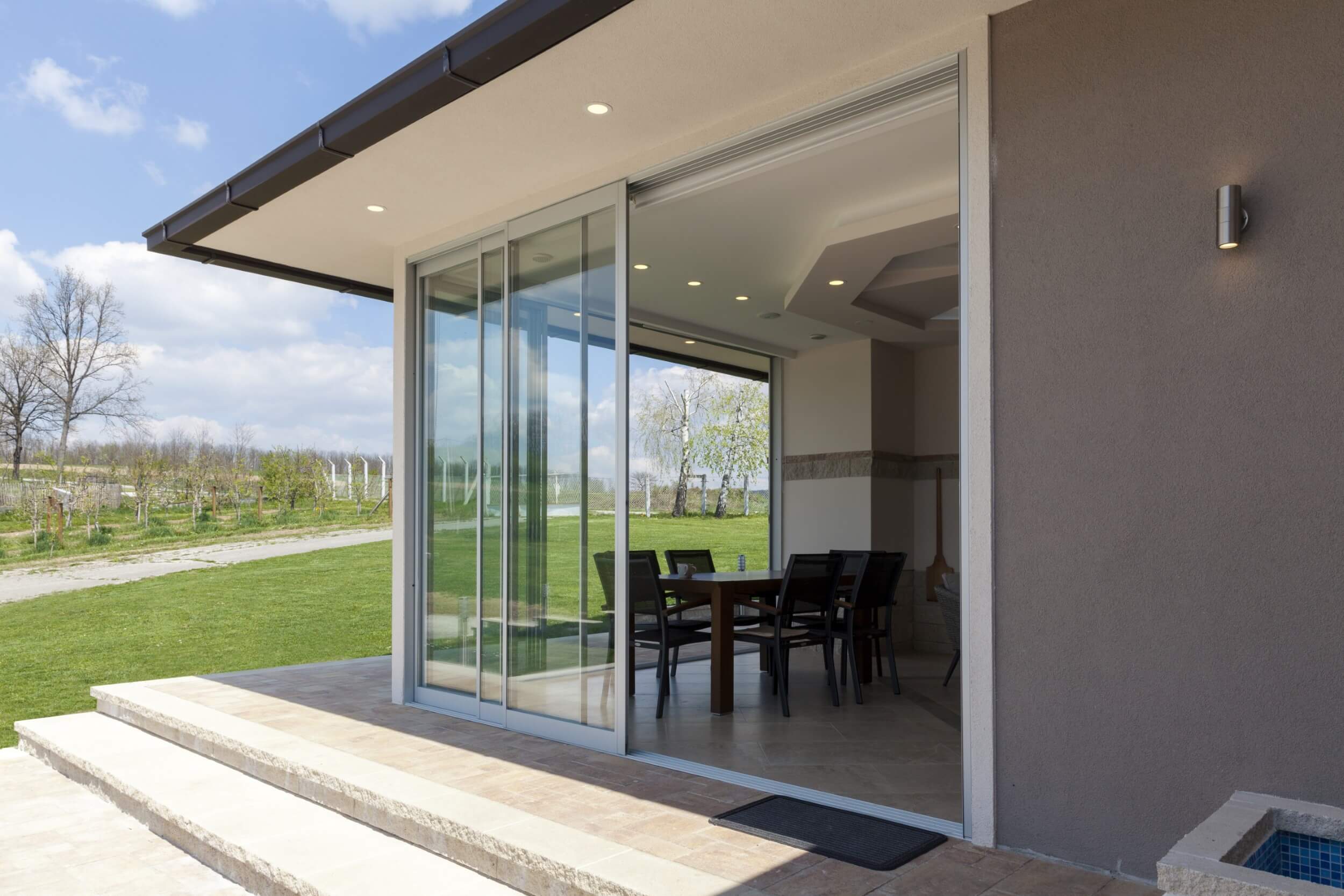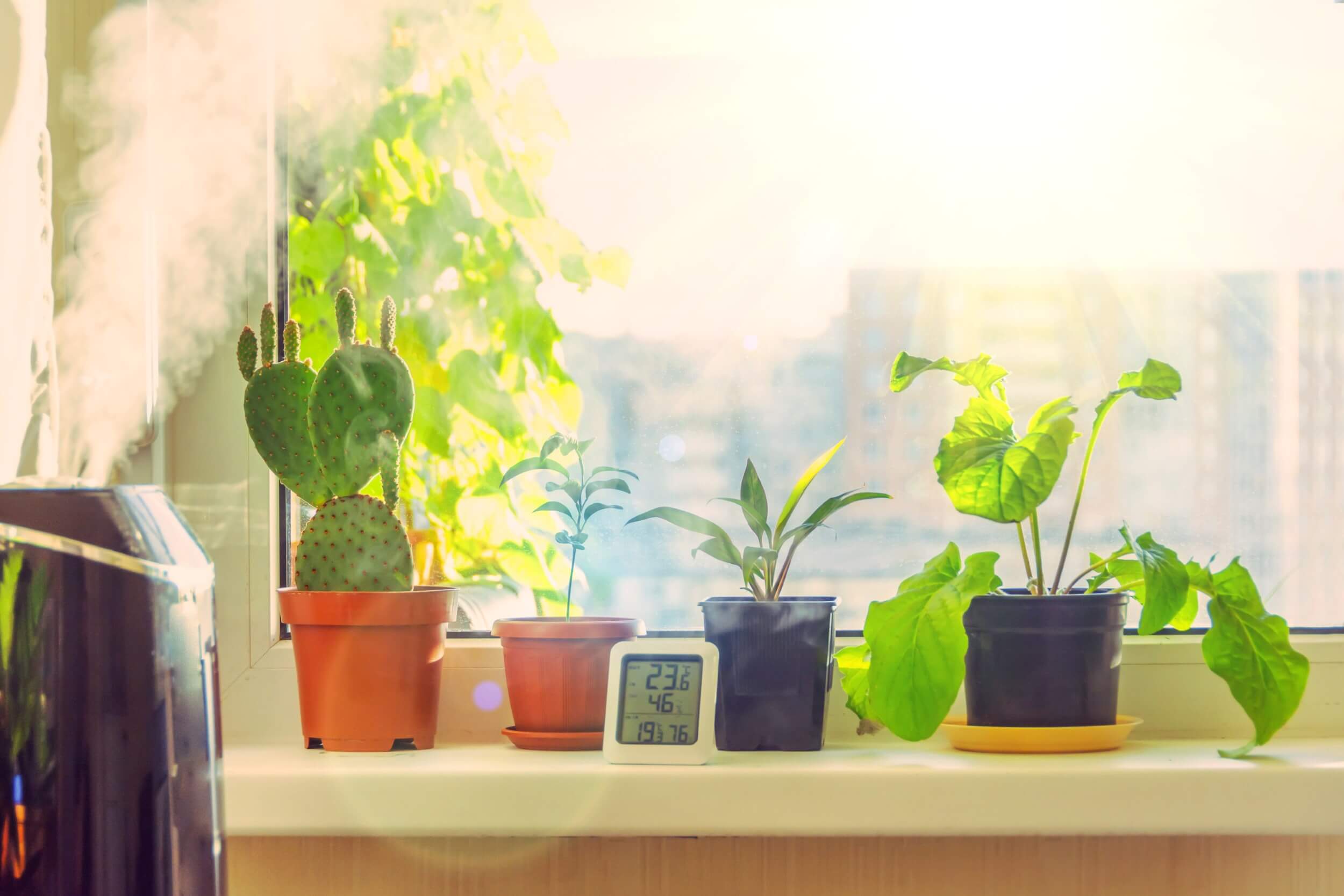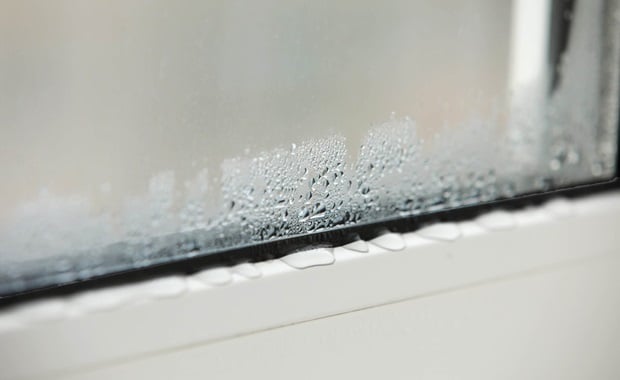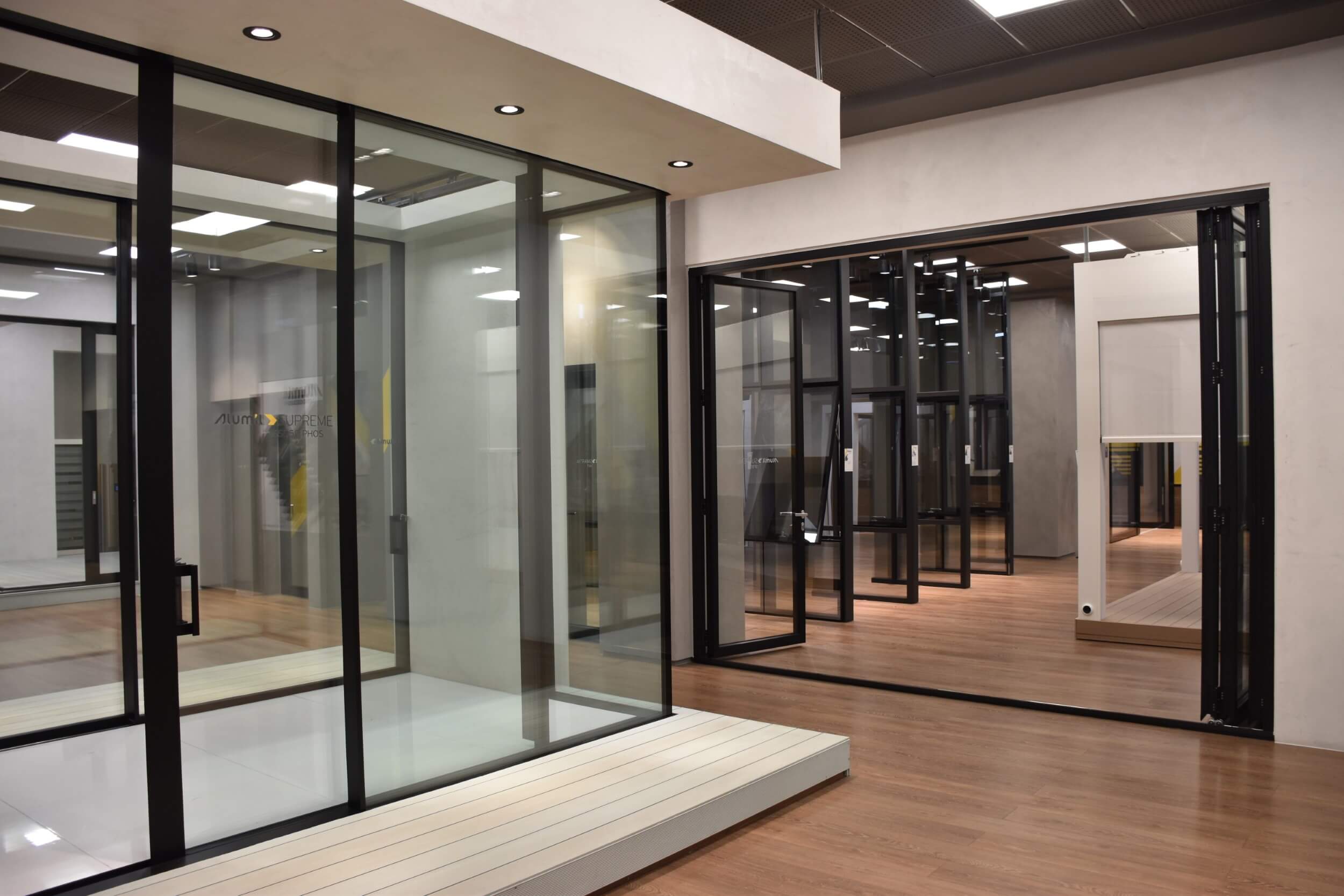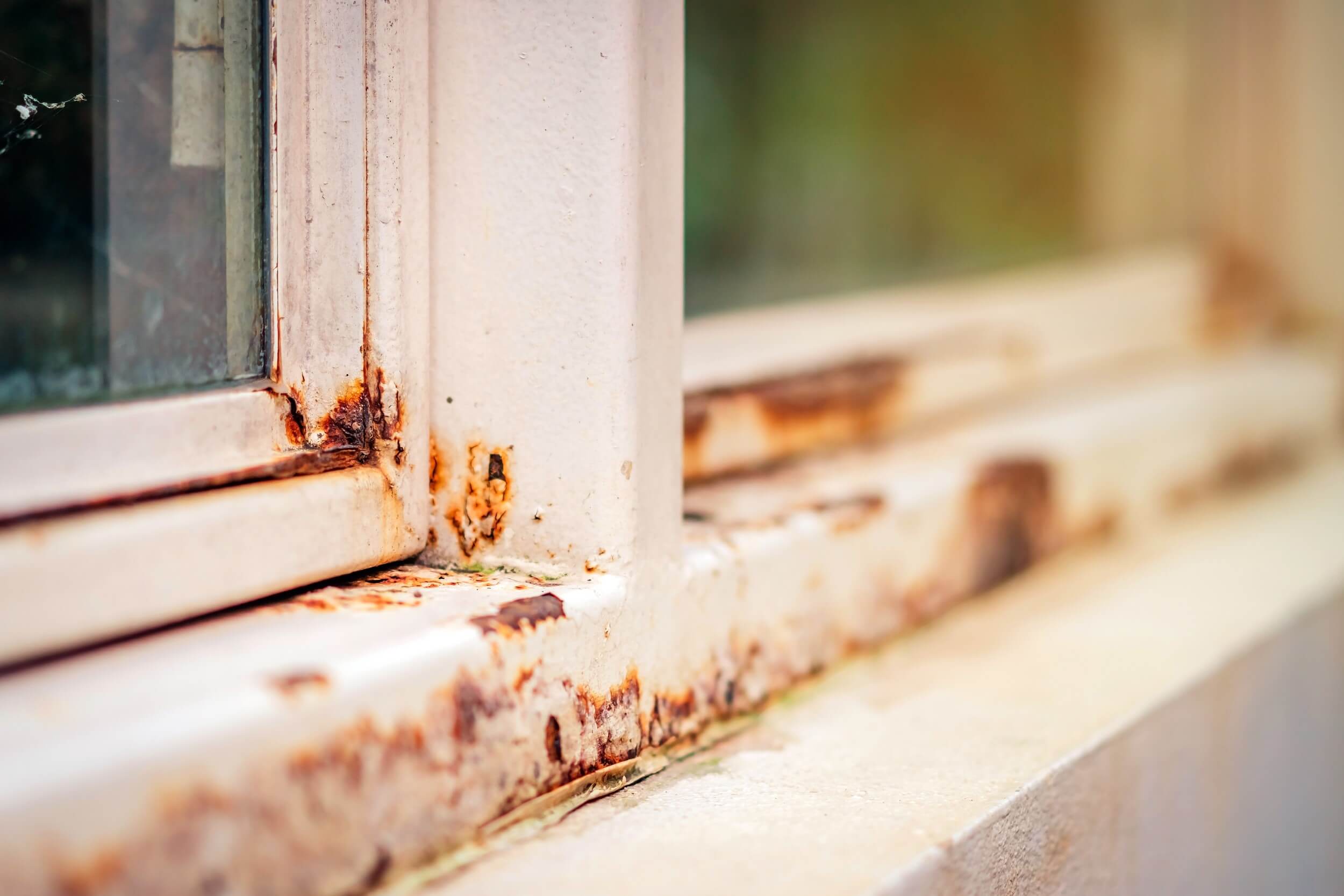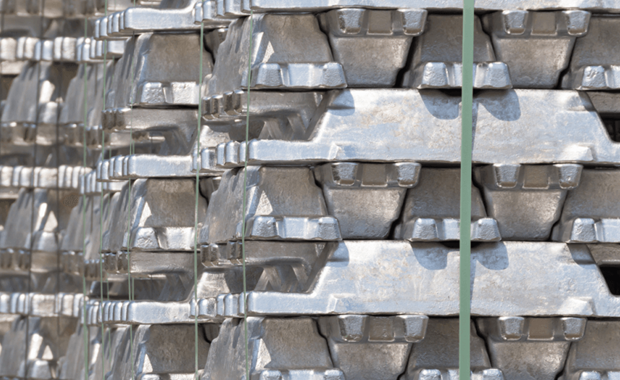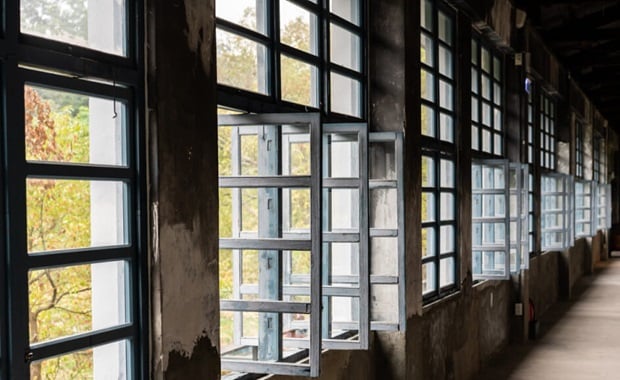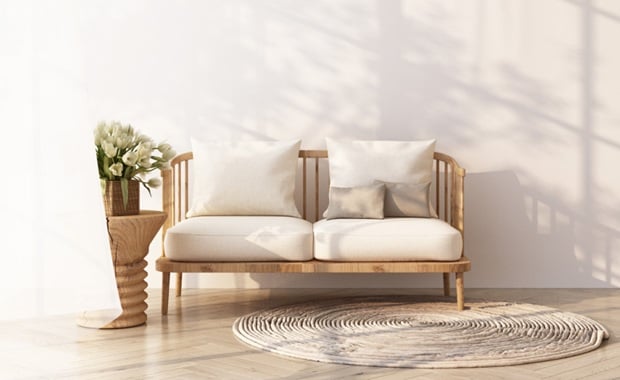 Article
Article
3 myths and the corresponding truths about aluminium frames

From time to time, you may hear many opinions on aluminium frames. Some of them have become widely accepted over time — but they are far from accurate. Let’s explore some of the most common myths about aluminium frames — and set the record straight with real facts.

Myth One: Aluminium frames are expensive
Aluminium frames are known for their durability over time, their robustness and their aesthetic superiority. If you add to all this their thermal insulation, watertightness and air permeability performance, you get the full picture behind the belief that they are expensive. But what is the truth?

The truth
The search for aluminium frames offers the opportunity to choose what best meets the needs of your space. Whether based on personal taste or objective factors (such as a house in a seaside area), you have the freedom to select what suits you best. From simple frames with basic thermal insulation to sleek, modern frames with advanced thermal insulation, watertightness, and high aesthetic design, there are options to fit various budgets. The cost of the aluminium frames you choose is directly related to their performance and certifications, meaning there’s something for every budget. In any case, aluminium frames are a particularly advantageous investment. Compared to other materials, they are known for their long-lasting durability—sometimes exceeding four decades—and minimal maintenance requirements. The long interval between purchase and eventual replacement makes them a truly smart choice for any space.
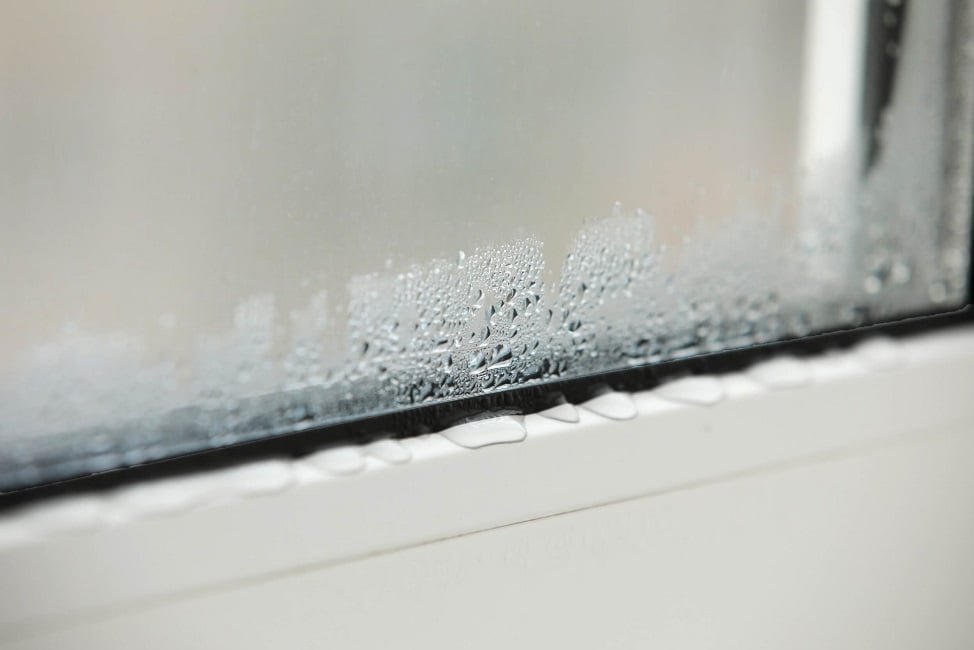
Myth Two: Aluminium frames and condensation
At some point, we've all been in a space where we notice condensation—or "sweating" windows and frames. This occurs when there is an increase in humidity in a room and there are cold surfaces where the condensation forms.
This phenomenon is most common during the winter months, when low outdoor temperatures contrast with the warmer indoor environment, which encourages the formation of water vapors, particularly in rooms like the kitchen or bathroom. But to what extent does this exclusively affect aluminium frames?
 The truth
The truth
The phenomenon of condensation can affect any type of frame. Humidity levels in a room play an important role. If they exceed 60-65%, it is advisable to investigate further and take steps to improve the situation.
Adequate ventilation and regular use of a dehumidifier can be instrumental. Nowadays, aluminium frames offer high levels of thermal insulation. The use of polyamide between the aluminium profiles creates a thermal break, which helps prevent condensation on the frame. Energy-efficient aluminium frames are a particularly reliable choice and effectively address this issue. However, if the space has high humidity levels (such as in older homes), a comprehensive assessment is necessary, and a holistic approach should be taken, for example by insulating the masonry and inspecting the pipes, among other steps. In closing, it is worth noting that the correct construction and installation of the frame (covering gaps between the frame and casing with insulating materials, selection of energy-efficient glass panes, thermal insulation protection from the inside of the roller shutter boxes, etc.), is crucial - otherwise there is a risk of condensation problems developing or worsening.
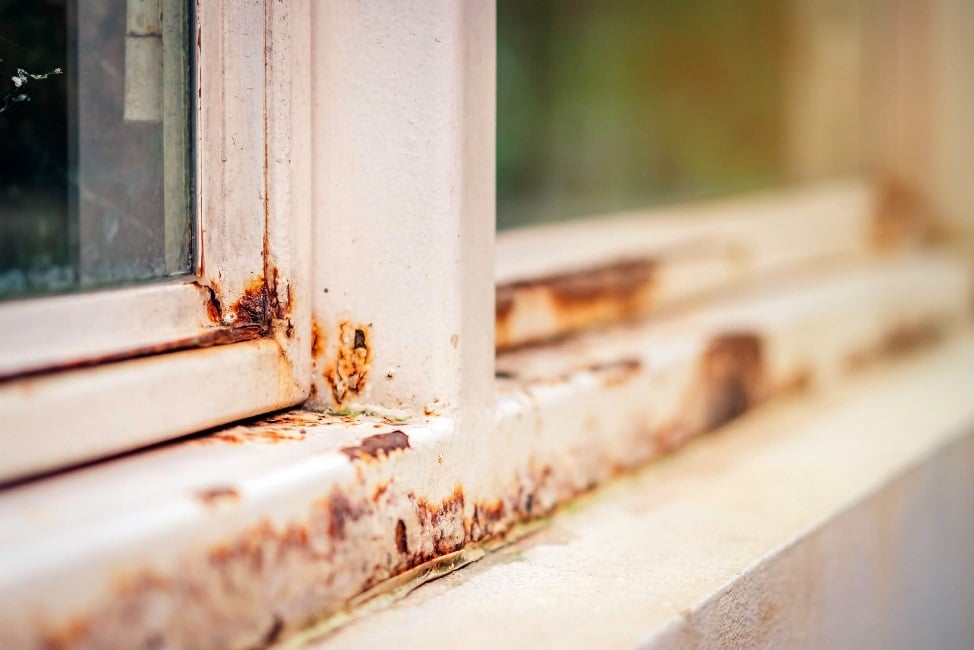
Myth No 3: Aluminium frames are prone to corrosion.
Aluminium is a metal. Thus, many believe that it faces the same problems like most metals do over time, namely corrosion or rust. Therefore, some people believe that aluminium frames
do not last as long as other materials, and that they encounter problems in this particular area.
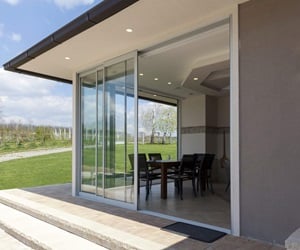 The truth
The truth
This is, in fact, an utterly false belief. Aluminium is a metal that, under normal conditions and if the construction and installation specifications are followed, does not rust and needs little to no
maintenance. At the same time, it can receive various surface treatments, which protect it and keep it in excellent condition. These are:
- Power coating: is a process in which a film of decorative powder is laid on the aluminium surface to coat it and protect it from external factors. Particularly in regions with strong solar radiation (e.g. the Mediterranean), the use of highly resistant powder coatings is considered the right choice.
- Anodizing: an electrolytic passivation process, during which the aluminium profile is immersed in a special liquid, thereby creating a thin layer of aluminium oxide on the outer surface of the material, improving durability. Anodizing is ideal for frames installed in coastal areas, as it prevents possible corrosion as a result of the proximity to the sea and the resulting humidity.
- Pre-anodizing: a method that combines the benefits of powder coating with those of anodizing. It is highly effective, as the aluminium profile goes through a special anodizing treatment and then powder coating. *Learn more about Sea Proof Plus, the highest corrosion protection, using the pre-anodizing method.
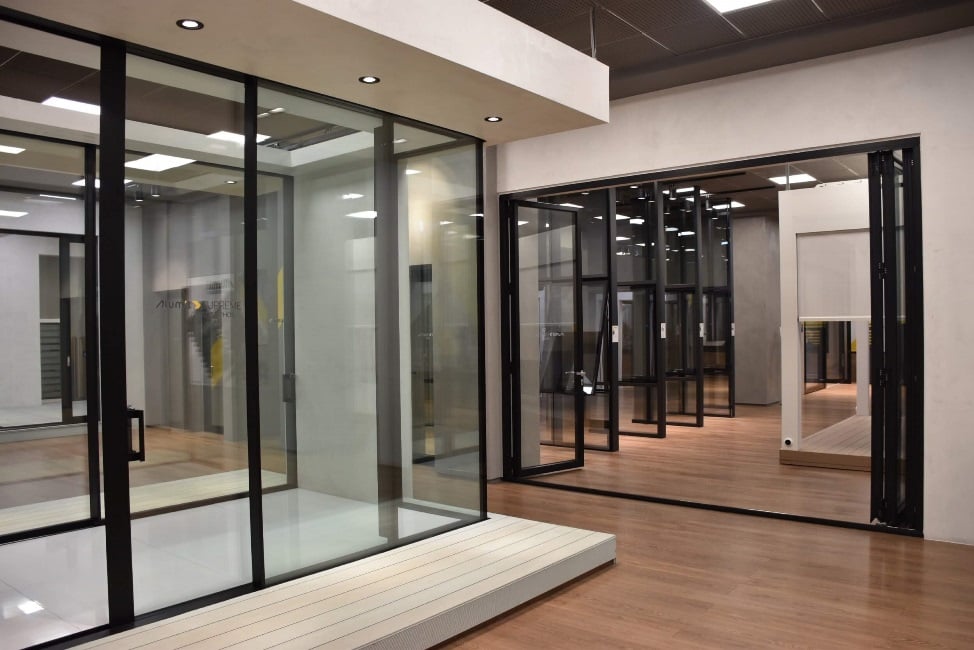
The... epilogue
Replacing frames is a process that requires knowledge of your needs and information about the options available on the market. Aluminium frames offer high quality and stylish solutions and can satisfy even the most stringent specifications. With myth busting as your ally and correct information as your guide, take the step towards a better quality of life.

